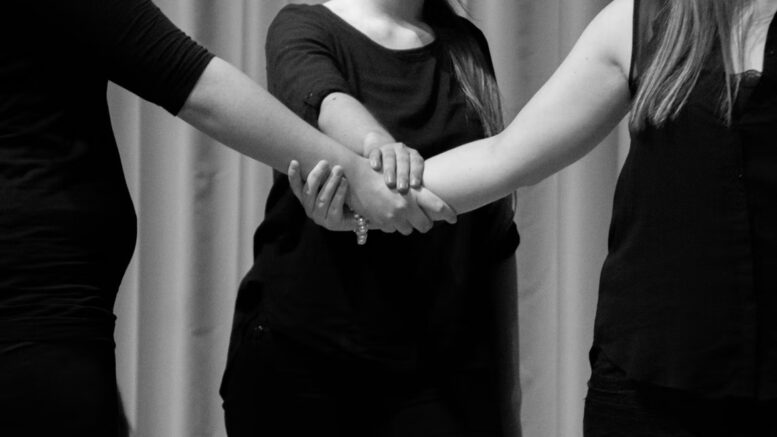The intellectual and developmental disabilities (IDD) community faces unique challenges in accessing resources and services. From healthcare to education, people with disabilities often experience significant disparities in access to quality care and support. As a result, experts at capitol city residential health care say it’s essential that we find ways to ensure everyone has access to the help they need. But what exactly is IDD and how can you support the IDD community?
What Is The IDD Community?
The IDD community consists of people with intellectual and developmental disabilities and their families. The term encompasses various disabilities, including autism, cerebral palsy, Down syndrome, epilepsy, and more. People with these conditions may require additional support to participate in activities that the average person can do without difficulty.
Here are seven tips for how you can support the IDD community.
1. Educate Yourself About The IDD Community
The first step in becoming an ally is to educate yourself on all aspects of the disability experience. Read books, watch documentaries, and listen to podcasts—whatever it takes- to understand better what life is like for those with a disability. This knowledge will provide invaluable insight into how best to provide these individuals with necessary assistance and support while also helping you recognize potential areas of advocacy or improvement in your community.
2. Advocate For Better Access
Once you’ve educated yourself, start advocating for better access to resources and services in your local area. Reach out to city officials, write letters, attend rallies—do whatever you can to ensure that those with disabilities have equal access to essential services such as education, healthcare, and employment opportunities.
3. Support Local Organizations
Many great organizations work specifically towards providing aid and assistance for those living with IDD issues. Support these organizations by donating money or volunteering your time; every bit helps! Additionally, if an organization in your area isn’t explicitly dedicated to this cause, consider starting one yourself!

4. Speak Up Against Injustice
Unfortunately, discrimination against those with disabilities is still pervasive throughout society today. If you witness any sort of injustice towards someone living with a disability—verbal abuse or physical assault—speak up on their behalf! Even if it’s just saying something small like “that’s not okay” or “you don’t have to be mean,” speaking up is an easy way that everyone can help combat discrimination against people living with disabilities.
5. Be Patient
It’s important to remember that everyone moves at their own pace, especially those with intellectual or developmental disabilities (IDD). Doing things like walking downstairs or tying shoelaces can take more time than usual so make sure you practice patience when interacting with members of this community!
6. Provide Emotional Support
Emotional support is significant for those with IDD issues since research has shown that lack of social interaction can lead to depression and anxiety, among other adverse mental health effects over time. Take some time out of your day each week through texting or video chatting so that these individuals know they have someone who cares about them even from afar!
7. Celebrate Achievements
Experts at capitol city residential health care say people with disabilities often feel overlooked when celebrating big and small successes – so make sure they know they’re seen! Whether it’s graduating high school, getting a job, learning how to ride a bike, etc., celebrate every milestone, no matter how small! Doing so will not only bring joy into their lives but also serve as motivation for future accomplishments.
How The IDD Community Is Making a Difference
The IDD community is full of inspiring individuals making great strides toward creating more equitable and accessible opportunities for themselves and their peers. Organizations such as Autism Speaks, The Arc, and the National Down Syndrome Society are just three examples of how these individuals are educating others on the importance of recognizing disabilities and advocating for the rights of those who live with them. Additionally, many individuals within the IDD community are working towards creating their businesses and organizations to amplify their voices and further the cause.
No matter what form it takes, supporting those living with disabilities is an essential part of building a truly equitable society. Whether you’re donating money, volunteering your time, or simply providing emotional support, there are many meaningful ways to make a difference in the lives of those with IDD issues. Any contribution you can make is undoubtedly appreciated and will go towards creating a better future for everyone!
Conclusion
Supporting the IDD community doesn’t have to be complicated – just taking small steps makes all the difference! By educating ourselves, advocating for better access, supporting local organizations, speaking up against injustice, practicing patience, providing emotional support, & celebrating achievements, we can make the world around us more inclusive & accessible! So let’s get started today & show our support! We got this!
